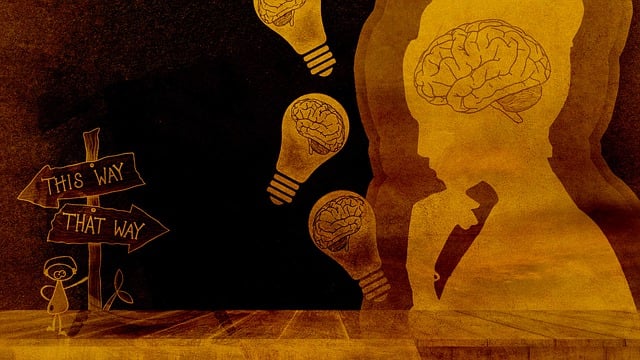Castle Rock Interpersonal Issues Therapy (CRIIT) is an evidence-based program addressing social skills deficiencies that often accompany anxiety, depression, and PTSD, improving mental well-being. CRIIT combines mindfulness meditation, group sessions, and community outreach to teach coping strategies, enhance self-esteem, and offer crisis intervention for intense emotions in social situations. Through role-playing, group discussions, and cognitive behavioral techniques, Social Skills Training within CRIIT boosts confidence and interaction skills, while policy analysis and advocacy plus community outreach programs provide real-world context and increased mental health awareness.
Social skills training is a powerful tool for managing mental health conditions, fostering healthier relationships, and improving overall well-being. This article explores the significance of social interactions in mental health, highlighting the benefits of evidence-based approaches like Castle Rock Interpersonal Issues Therapy (CRIIT). We’ll delve into CRIIT’s role in enhancing communication, empathy, and conflict resolution skills. Additionally, practical strategies and techniques for effective social skills training will be discussed to empower individuals with tools for navigating social situations successfully.
- Understanding Social Skills and Their Impact on Mental Health
- The Role of Castle Rock Interpersonal Issues Therapy in Improving Social Interactions
- Strategies and Techniques for Effective Social Skills Training
Understanding Social Skills and Their Impact on Mental Health

Social skills, a fundamental aspect of human connection, play a pivotal role in an individual’s mental well-being. They encompass various behaviors and abilities that facilitate interaction, communication, and relationship building with others. In the context of Castle Rock Interpersonal Issues Therapy, understanding and nurturing these skills are essential for those facing mental health challenges. Many individuals struggling with anxiety, depression, or post-traumatic stress disorder (PTSD) often experience difficulties in social settings, leading to feelings of isolation and exacerbating their existing conditions.
The impact of poor social skills on mental health can be profound. It may contribute to heightened stress levels, as social interactions become sources of anxiety rather than support. Moreover, low self-esteem and a lack of confidence in social situations can lead to avoidance behaviors, further isolating individuals from potential resources and support systems. Effective therapy aims to address these interpersonal issues by teaching coping strategies for stress management and fostering self-esteem improvement. Crisis intervention guidance is also integral, providing tools to navigate intense emotional states during social engagements.
The Role of Castle Rock Interpersonal Issues Therapy in Improving Social Interactions

Castle Rock Interpersonal Issues Therapy (CRIIT) has emerged as a powerful tool in enhancing social interactions for individuals grappling with mental health conditions. This therapeutic approach focuses on improving interpersonal relationships and communication skills, which are often impaired in those with anxiety, depression, or other mental health challenges. CRIIT facilitates a deeper understanding of one’s emotions and helps individuals learn to express themselves effectively, fostering healthier connections with peers and community.
The program incorporates various evidence-based techniques, including mindfulness meditation, to help clients navigate social situations more confidently. By participating in group sessions and practicing new skills through community outreach program implementation, individuals build resilience and gain a sense of belonging. This holistic approach not only offers anxiety relief but also empowers participants to navigate social interactions with greater ease and comfort, ultimately enhancing their overall well-being.
Strategies and Techniques for Effective Social Skills Training

Social Skills Training is a powerful tool for addressing Castle Rock Interpersonal Issues Therapy, especially in the context of mental health conditions. Effective strategies often involve a combination of role-playing exercises, group discussions, and cognitive behavioral techniques. These methods encourage individuals to practice new skills in safe, controlled environments, fostering confidence and improving their ability to navigate social interactions.
The process should be tailored to each individual’s specific needs and challenges, considering factors like the mental health diagnosis, co-occurring conditions, and personal goals. Incorporating elements of Mental Health Policy Analysis and Advocacy can enhance training by promoting an understanding of systemic barriers to social connection. Community Outreach Program Implementation also plays a vital role, as it allows trainees to apply their skills in real-world settings, building resilience through experiences that promote Mental Health Awareness.
Social skills training, such as that offered by Castle Rock Interpersonal Issues Therapy, plays a pivotal role in enhancing mental health. By understanding the impact of social interactions on overall well-being and employing evidence-based techniques, individuals with various conditions can improve their ability to connect, communicate, and navigate relationships effectively. This comprehensive approach, combined with therapies like Castle Rock Interpersonal Issues Therapy, offers hope and empowerment for those seeking to build a more fulfilling social life while managing their mental health challenges.














